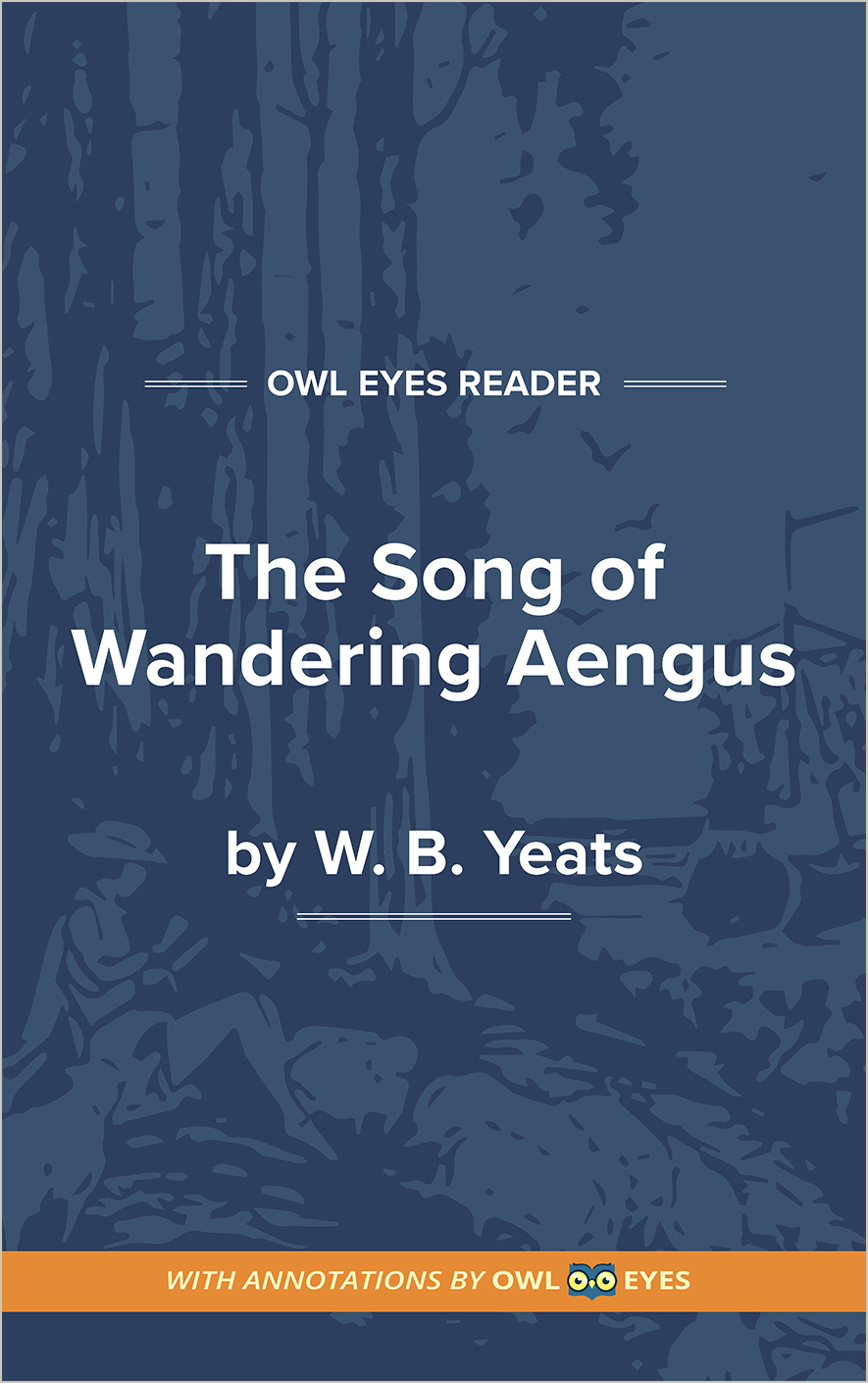- Annotated Full Text
- Literary Period: Victorian
- Publication Date: 1899
- Flesch-Kincaid Level: 20
- Approx. Reading Time: 0 minutes
The Song of Wandering Aengus
William Butler Yeats’s “The Song of Wandering Aengus” is a poem that draws on, and repurposes, the folklore of Yeats’s native Ireland. In Celtic mythology, Aengus is the eternally youthful god of love who falls for Caer the goddess of sleep and dreams. In the myth, Aengus gets the girl and lives on in eternal youth and bliss. In Yeats’s poem, Aengus crosses from the world of myth into our own. The object of desire, the “glimmering girl,” appears and immediately fades, prompting Aengus to wander and grow old in a restless search for her. It becomes clear that Aengus’s search for perfection is hopeless from the start. Yeats ends the poem with the promise to “pluck till time and times are done,/The silver apples of the moon,/The golden apples of the sun.” Aengus’s great desire is to unite dream with reality, and woman with man. The silver and golden apples in their artificiality also represent the only realm in which the ideal can be reached: that of the arts. Only in a work of art can perfection be approached, desire satisfied, and immortality achieved. Yeats’s poem itself becomes an offering of silver and golden apples.
- Annotated Full Text
- Literary Period: Victorian
- Publication Date: 1899
- Flesch-Kincaid Level: 20
- Approx. Reading Time: 0 minutes

